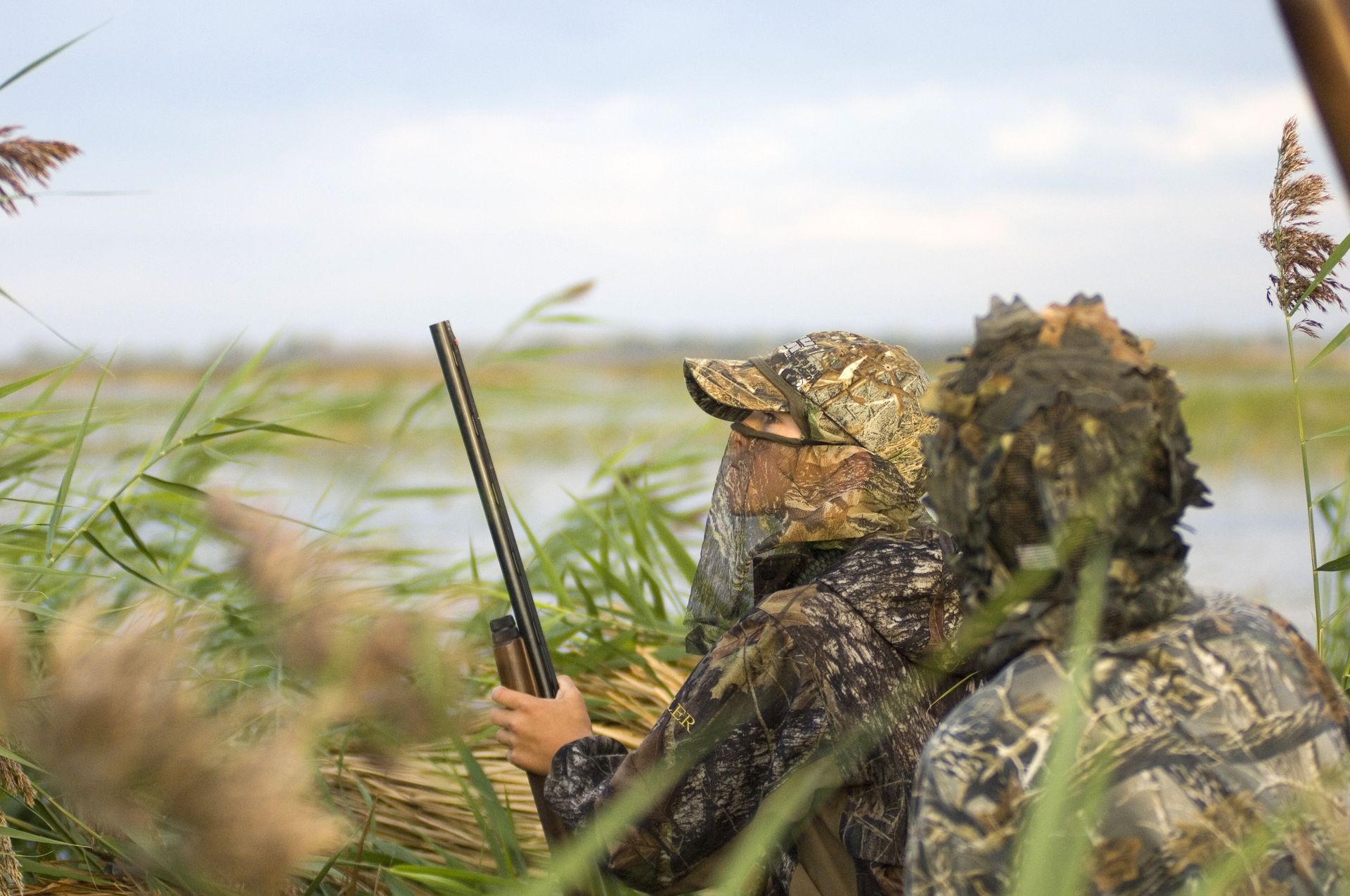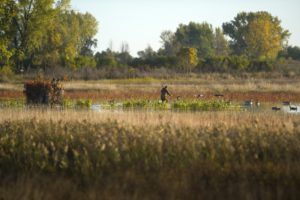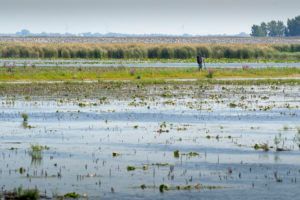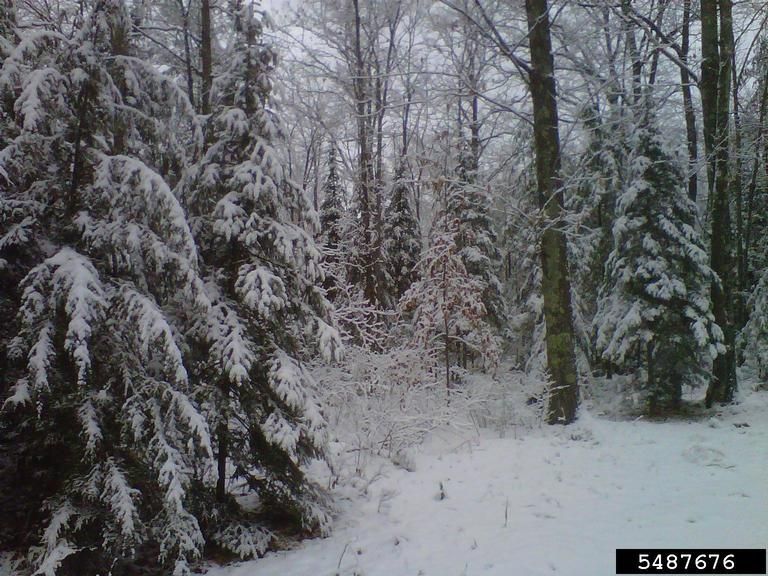Michigan’s Wetland Wonders

The Michigan Department of Natural Resources (DNR) oversees a series of Managed Waterfowl Hunting Areas (MWHAs) throughout the state dedicated to providing residents with access to the best waterfowl hunting around.
These areas, nicknamed “Wetland Wonders”, contain high-quality nesting and migration habitat for waterfowl and other wetland species.
The DNR manages these MWHAs using a 10-year strategic plan developed by a workgroup with the Wildlife Division.
This plan aims to address issues like declining hunter numbers and projected declines in budgets, while also defining priorities and providing management consistency between MWHAs.
The public funds these waterfowl areas through hunting licenses and area use fees.
Seven locations conduct daily drawings for free hunting zone permits throughout the open season. These locations are scattered throughout Michigan and include Fennville Farm Unit at Allegan SGA, Fish Point SWA, Harsens Island at St. Clair Flats SWA, and Point Mouillee SGA.
Fennville Farm Unit at Allegan State Game Area
The Fennville Farm Unit at Allegan State Game Area is a popular spot for Canada goose hunting. The unit itself is primarily field hunting but also contains shallow water wetlands that serve as roosting habitat. Other species found in this unit include upland sandpipers, golden eagles, white-tail deer, and turkeys. Besides hunting, birding and wildlife viewing are also popular activities at this site.
Fish Point State Wildlife Area

Courtesy of the Michigan DNR.
Fish Point State Wildlife Area sits on the Saginaw Bay of Lake Huron. This area contains 2,477 acres of marshy areas, flooded corn fields, and dry agriculture fields perfect for waterfowl. Nicknamed the “Chesapeake of the Midwest”, Fish Point is home to a very high abundance of waterfowl like Canada geese and many species of ducks. Several snowy owls also take up residence here during the winter. Canoeing and kayaking, fishing, and birding are a few of the popular activities in this area.
Harsens Island at St. Clair Flats State Wildlife Area
Harsens Island is located on the shores of the St. Clair Flats, which is part of the largest freshwater delta in the United States. A car ferry ride is required to reach the 3,355 acres of strictly managed waterfowl habitat, which consists of marshy areas, open water, and flooded agriculture. Hunters most commonly harvest mallards on Harsens Island. Additionally, species harvested include black ducks, pintail, wood ducks, and Canada geese. Recreational activities like fishing, birding, and wildlife viewing are very popular in this area.
Pointe Mouillee State Game Area

Courtesy of the Michigan DNR.
Pointe Mouillee State Game Area is one of the largest freshwater marsh restoration projects in the world. In addition to waterfowl hunting, its 4,040 acres of pristine habitat make it a very important birding site in the Midwest. Birders commonly find bald eagles, osprey, black-bellied plovers, and whimbrels in this area. Many people enjoy fishing, biking, and wildlife viewing at Pointe Mouillee. This state game area also hosts an annual waterfowl festival in September.
Learn More
Want to learn more about Michigan’s premier waterfowl habitat? Visit the Michigan DNR website for more information on reports and waterfowl counts for each area. Their website also has a strategic planning page where you can review details and updates of the plan in-depth.
Get Involved
Would you like to get involved in directly improving these areas to enhance high-quality waterfowl habitat? MUCC’s On the Ground program is hosting a clean-up event on Saturday, August 10, 2024, at Pointe Mouillee State Game Area , and we would love to have you join us! To register and for more information, click HERE.
The post Michigan’s Wetland Wonders appeared first on Michigan United Conservation Clubs.



